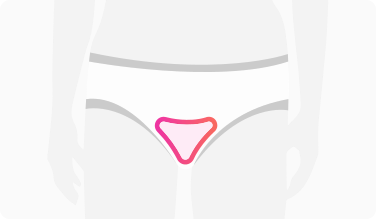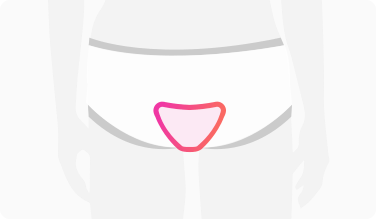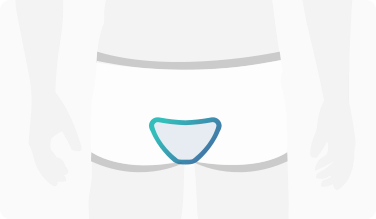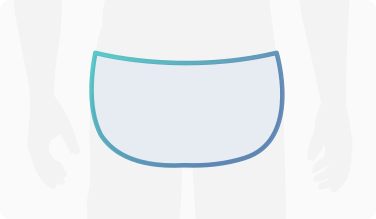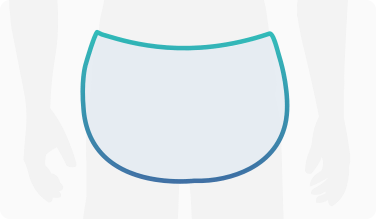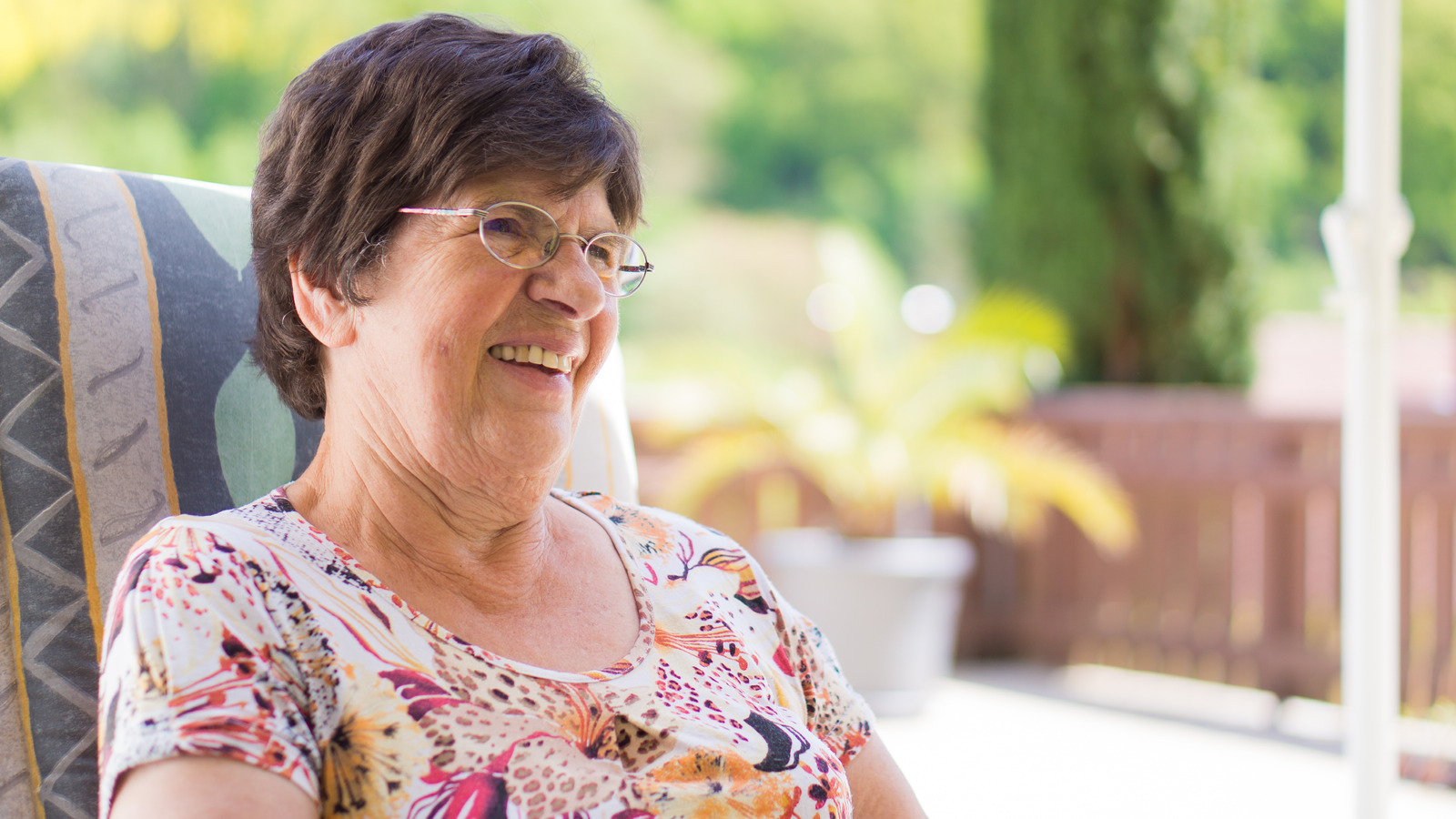Coming to terms with incontinence: 5 strategies for support

What causes incontinence?
One in three Australian adults are affected by incontinence.
Recent data from the Continence Foundation of Australia states that over 6 million Australians are affected by incontinence. Anyone at any age can develop some form of incontinence - it’s not just an aged care issue, but a wider health issue.
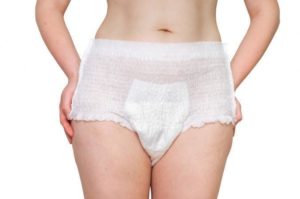
What is urinary incontinence?

Urinary incontinence is a very common issue facing many Australians. Urinary incontinence can range from an occasional leak or dribble to the complete inability to control your bladder. In many cases, it is caused by weak pelvic floor muscles stemming from a range of health conditions, but it can also be related to other health conditions, such as pregnancy, menopause, prostate surgery, infections, nervous system disorders or disability, and some medications.
There are four main categories of urinary incontinence:
- Stress leakage caused by physical exertion, such as exercise, sneezing or laughing
- Urge leakage after a sudden urge to go to the toilet
- Overflow leakage because the bladder does not empty completely and overfills
- Functional when a person is unable to get to or use the toilet due to a physical disability, barriers in their environment, or because of physical, intellectual or memory problems (dementia) which can prevent a person from being able to go to the toilet by themselves
What is faecal incontinence?
Faecal incontinence means poor bowel control: a person may pass faeces or wind unexpectedly, or not be able to control or ‘hold’ until they are able to reach a toilet. Causes of faecal incontinence range from weak muscles, health issues related to nervous system disorders or injuries (such as multiple sclerosis, Parkinson's disease or spinal cord injuries) as well as memory issues such as dementia or alzheimers. Faecal incontinence can also be caused as a side effect of some surgeries or radiation therapy.
What are the main causes of incontinence?

The most common causes of urinary or faecal incontinence include:
- Pregnancy and childbirth
- Menopause
- Neurological disorders or injuries
- Dementia
- Disability or poor mobility
- Surgery or radiation treatment
- Obstruction or blockages

Pregnancy and childbirth
Physical and hormonal changes that come with pregnancy can be the cause of incontinence, especially in later pregnancy as the foetus places extra weight and pressure on the bladder. Physical trauma or injury from vaginal delivery can also weaken the muscles and nerves in the pelvic floor that are required for bladder control.

Menopause
Hormonal changes associated with menopause can cause stress incontinence. The female hormone oestrogen helps to maintain the strength of the urethra. A loss of oestrogen can reduce the strength of the urethra to hold urine, resulting in stress incontinence.

Neurological disorders
Neurological disorders such as multiple sclerosis, Parkinson’s disease, stroke, brain tumours as well as brain or spinal injuries can cause damage to or interfere with nerve signals involved in bladder control. These conditions can cause incontinence by affecting a person’s ability to hold on until they reach a toilet, or the ability for their bladder or bowel to empty completely.

Dementia, intellectual or physical disability
Musculoskeletal conditions, such as arthritis, physical disability and mental disability can impair a person’s ability to get to a toilet, or their ability to control their bowel or bladder correctly. Dementia and intellectual disability is also a cause of functional incontinence, where a person may not be able to go to the toilet without assistance.

Prostate surgery and radiation treatment for prostate cancer
Prostate surgery can cause stress incontinence in men and radiation treatment for prostate cancer can cause urge incontinence. In women, hysterectomy surgery and other surgeries.
There are many causes of both urinary and faecal incontinence, but help is not far away.
No matter the suspected cause of incontinence, it is best to seek help early from your GP or another health provider.
